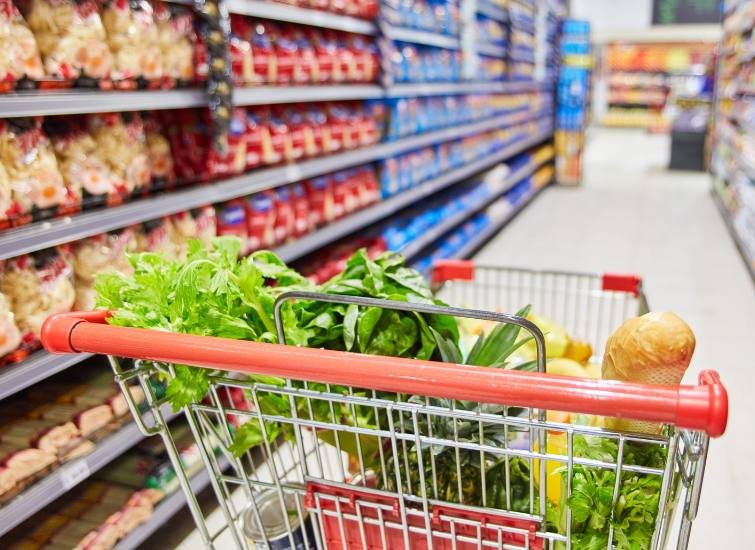Why is There a Vegetable Shortage in the UK?
The UK is currently experiencing a notable vegetable shortage, primarily due to extreme weather conditions impacting both local and overseas crop production. This shortage has led to limited availability of key vegetables like tomatoes, cucumbers, and aubergines in supermarkets across the country.
Understanding the Causes of the Shortage
Extreme Weather Conditions
The core issue behind the vegetable shortage is extreme weather. Unusually cold and harsh conditions have significantly affected crop yields, not just in the UK but also in other major vegetable-producing countries like Spain. The severe weather has hindered the growth and harvesting of many vegetables, leading to a decrease in supply.
Increased Energy Costs and Reliance on Heated Greenhouses
Another contributing factor is the rise in energy costs. Many UK salad crop producers have been forced to delay planting due to increased dependency on energy for heating greenhouses during the colder months. This delay in planting inevitably leads to a delay in harvesting, further exacerbating the shortage.
Impact of Global Supply Chains
The UK’s reliance on imported vegetables, particularly during the winter months, means that any disruption in the global supply chain can have a significant impact on availability. The extreme weather conditions in countries like Spain, a key supplier of vegetables to the UK, have therefore had a direct effect on the UK’s vegetable supply.
The Consequences of the Shortage
Impact on Consumers and Retailers
Consumers are facing limited options and higher prices for vegetables in supermarkets. Retailers, in turn, are struggling to meet the demand, with some even resorting to rationing to manage the limited supplies.
Potential Long-term Implications
If such extreme weather events continue, it may lead to more prolonged and frequent shortages, impacting not just the availability but also the affordability of fresh produce in the UK.
Looking Ahead: Solutions and Adaptations
Embracing Local and Seasonal Produce
One potential solution is to encourage the consumption of locally grown, seasonal produce. This not only supports local farmers but also reduces reliance on international supply chains.
Investing in Weather-Resistant Farming Techniques
Investment in innovative farming techniques that are more resistant to extreme weather could be another way forward. This includes the development of robust greenhouse technologies and exploring alternative growing methods like hydroponics.
Policy Measures and Consumer Awareness
Government policies aimed at supporting the agricultural sector during such crises, combined with increased consumer awareness about the impacts of climate change on food production, can play a crucial role in addressing the issue.
Will it get Better Soon?
The vegetable shortage in the UK is a complex issue with multiple contributing factors, predominantly extreme weather conditions and increased energy costs. Addressing this challenge requires a multi-faceted approach, involving changes in consumer behaviour, advancements in farming technology, and supportive government policies.


